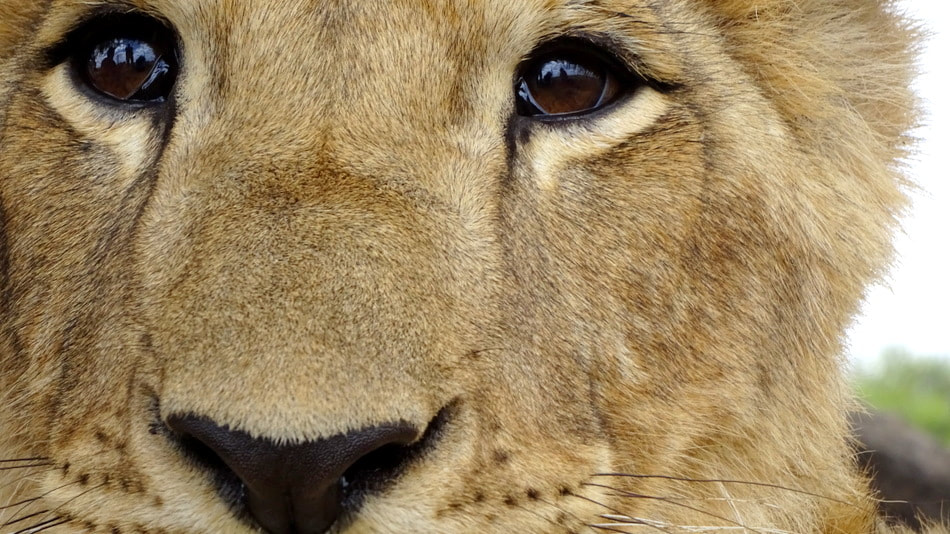
The recent panel discussion held at Hermanus after the screening of Richard Peirce’s documentary film Lions Bones and Bullets has exemplified the issue.
There is a popular misconception that the South African Minister for the environment is in the process of banning lion farming and canned hunting and that it is just a matter of time before this awful industry is consigned to the dustbin of history.
Alas, nothing could be further from reality.
Many lion farmers have already assured us that they will bring legal and constitutional challenges to any legislation to ban their industry. Such is the celerity of the dysfunctional justice system in South Africa that this threat to tie up the proposed ban in litigation for ten years or more must be taken seriously. Besides, prima facie they have a winning case. They would argue:
You gave us permits to farm with Lions and you promoted hunts of captive bred lions. We spent billions of rands and many years building the industry. Now you want us to stop? We want compensation . We are talking billions of rands.
The issue of funding was raised by Richard Peirce at the panel discussion but skated over by the panel. The crisp question is this; should lion farmers be compensated for a ban on their livelihood and if so where will the money come from? Certainly not from the South African government which cannot even keep the lights on. So where then? NGOs in the Western world?
I can just imagine the outrage from Western NGOs at the suggestion of rewarding lion farmers for their animal abuse.
Yet there is a precedent for this; the abolition of slavery. To abolish slavery the UK government had to hold its nose and pay out billions in taxpayers money to the cruel Plantation owners, and their heirs, giving them generational wealth. Rewarding hideous cruelty.
Animal advocates and some conservationists have done wonderful work in raising awareness about the cruelty but now their efforts need to be complemented.
The game has changed. And that demands a change of players.
The only people capable of tackling the challenges of deconstructing a whole industry are people who have built industries themselves. People like Anton Rupert, Sol Kerzner, Elon Musk et al, business leaders who have the strategic and tactical knowledge and experience to know what to do and how to do it.
This is the conversation which all concerned conservationists, animal welfarists and regulators should be having.
Everything comes down to money in the end and this issue is no exception. However money in itself will not solve the problem without a raft of safeguards and other issues to promote it. Demand reduction by securing a ban on the import of lion trophies into foreign countries is also essential and we applaud the efforts of people like Eduardo in UK, Donalea in Australia and Simone in Holland for their admirable efforts in securing bans on the import of trophies and thereby reducing demand for trophy hunting.
Even if the money were to be raised, throwing it at the hunting industry without well thought out safeguards will only aggravate the problem, not solve it.
Without adequate safeguards, some unscrupulous lion farmers could take the money and use it to build new infrastructure and facilities in countries like Namibia and Mozambique, for example. Border hopping is so easy..
Safeguards are possible. For instance, the compensation money could be paid in to a trust fund administered by professionals who could vigorously police and audit the payouts..
Imagine if you went to the drug cartels in South America and offered them billions to stop trafficking in drugs. They would surely say all the things you want to hear, take your money, laugh at you behind your back and resume business as usual through third parties.
So after reading this are you still confident that the SA government will ban lion farming?
